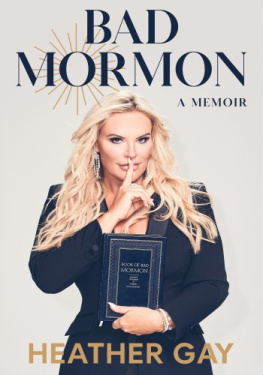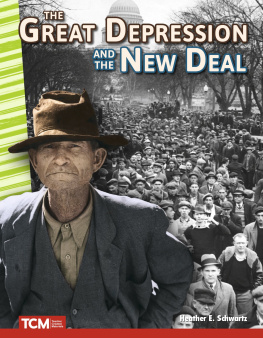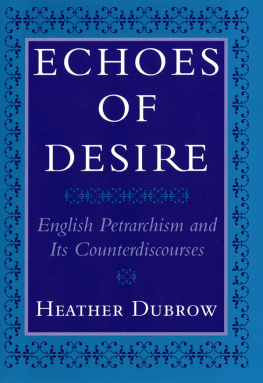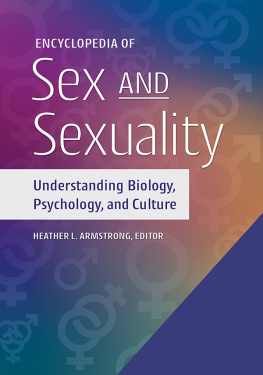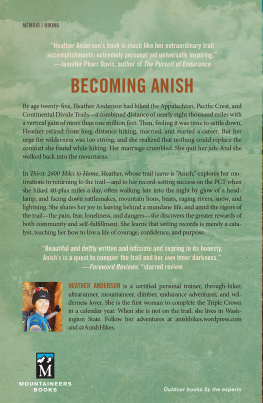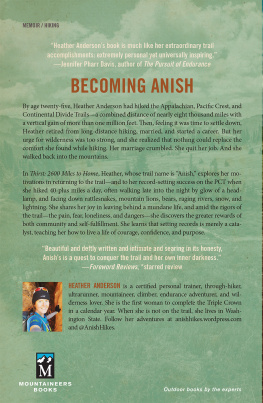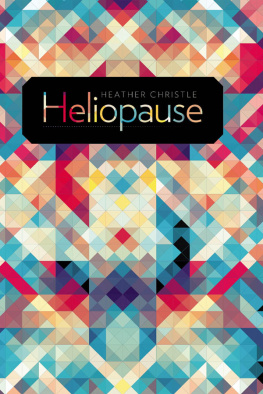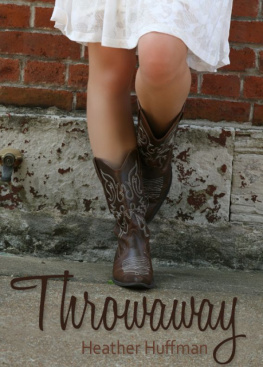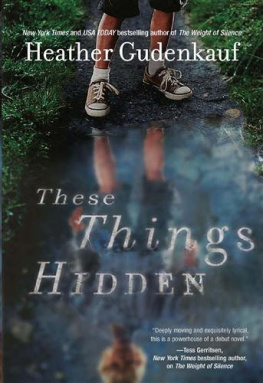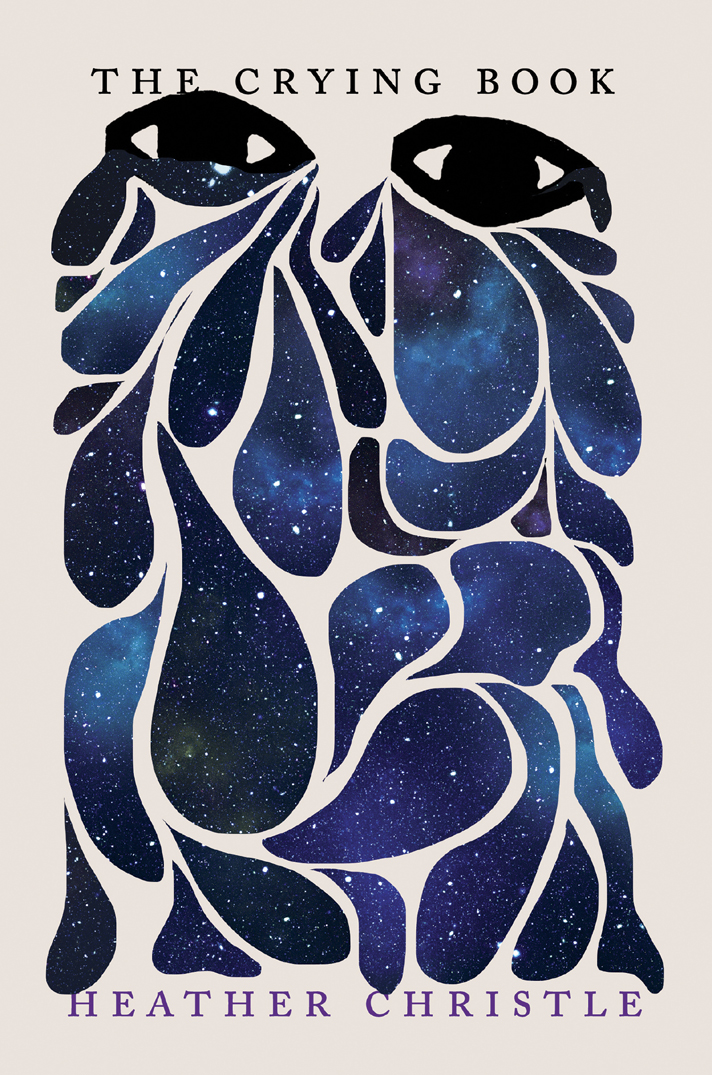Table of Contents
Guide

ALSO BY HEATHER CHRISTLE
The Difficult Farm
The Trees The Trees
What Is Amazing
Heliopause

The Crying Book
The author has tried to re-create events, locales, and conversations based on her own memories and those of others. In some instances, in order to maintain their anonymity, certain names, characteristics, and locations have been changed.
Copyright 2019 by Heather Christle
All rights reserved
ISBN: 978-1-948226-44-8
Cover design by Nicole Caputo
Book design by Jordan Koluch
This artist was awarded the Ohio Arts Councils
Individual Excellence Award for 2018.

Catapult titles are distributed to the trade by Publishers Group West
Phone: 866-400-5351
Library of Congress Control Number: 2019935113
Printed in the United States of America
1 3 5 7 9 10 8 6 4 2
Authors Note
This book began five years ago with an idle idea about what it might look like to make a map of every place Id ever cried, an idea I carried into conversation with friends, not knowing how many years and pages would grow around it, not knowing how that growth would change the way I view tears.
These pages are a record of that time, of what I learned. And go on learning.
Throughout this work, when I have talked with my friends about crying, I have felt the gifts of their intelligence, compassion, humor, and patience. It would have been, I think, impossible to write this book without their company. Their names appear in these pages informally, as they do in my mind and our conversations.
Of the many circumstances in my life for which I feel gratitude, these friendships shine with a particular brightness. They make me look eagerly to the future, to imagine all the conversations to come.
Contents

I suppose some people can weep softly and become more beautiful, but after a real cry, most people are hideous, as if theyve grown a spare and diseased face beneath the one you know, leaving very little room for the eyes. Or they look as if theyve been beaten. We look. I look. Once, in fifth grade, I cried at school for a reason I cannot recall, and afterward a popular boyrattail, skateboardtold me I looked like a druggie, and I was so pleased to be seen I made him repeat it.

Ovid would prefer that I and other women restrain ourselves:
There is no limit to art: in weeping, you need to be comely,
Learn how to turn on the tears still keeping proper control.

The length of the cry matters. I especially value an extended session, which gives me time to become curious, to look in the mirror, to observe my physical sadness. A truly powerful cry can withstand even this scientific activity. You lurch toward the bathroom, head hunched over, tucked in, and then gather your nerve to lift your gaze toward the mirror, where you see your hiccoughing breath shake your shoulders, your nose like a lifelong drunks. It may interest you for a while to touch your swollen face, to peer into one bloodshot eye and another, but the beautys really in the movement, in watching your mouth try to swallow despair. It is not easy, after looking, to convince the crying you mean it no harm, but with quiet and with patienceyou are Jane Goodall with the chimpanzeesthe crying will slowly get used to you. It will return.

To cry or not to cry is sometimes a choice, and no telling which is the better. Not trueif you are alone, or with only one other, cry. To cry with more people present, concludes the International Study of Adult Crying, can lead to a worsening mood, though that may depend on others reactions. You can be made to feel ashamed. Most frequently criers report others responding with compassion, or what the study categorizes as comfort words, comfort arms, and understanding. If you are alone, comfort arms are still available; you hold yourself together.

It is fortunate to have a nose. Hard to feel you are too tragic a figure when the tears mix with snot. There is no glamour in honking.

Once I was unexpectedly dumped in public. A campus parking lot one afternoon. I put all my crying into my mouth, felt it shake while I stalked to the car, inside which I let the crying move north to my eyes and south to my heaving gut. The car is a private crying area. If you see a person crying near a car, you may need to offer help. If you see a person crying inside a car, you know they are already held.

Twice I cried hysterically while driving. Once, sixteen, and without money for the toll or a sense of how I might live the next day. Once, twenty-one, and mid-move, with a car full of belongings and the sudden apprehension that I had driven an hour in the wrong direction. If you cry in the car while its raining, it feels like the windshield wipers should tend too to your face. Comfort words, comfort arms, comfort swipe.

I cried when I heard Alice Oswald recite Memorial, her excavation of the Iliad, marking each warriors death. I cried while a friend held her new son and told me about a conversation shed had with her own mother, Sheila. My friend had realized that one day shed no longer need to wash her boys feet, and the thought wounded her. Mom, she asked Sheila, do you still miss that? Sheila replied, Id give anything to wash my sons feet. As I write this down it sounds utterly servile. At the time I could not help but weep. Motherhood gets me. I cry whenever I watch a representationwhether fictional or noof birth. I have also cried at the gym, on the elliptical, watching a trailer for some dumb and heartbreaking movie. I waited until my sisters car was one hundred yards into her move to Maine, and then I cried. I cried in front of a crowdmortifyingwhile reading a poem I wrote for my dead friend Bill. He would have laughed. He would have liked it.

Do you remember the hopelessness of watching a parent cry?

When Bill died I went to a museum and cried.

Next page

